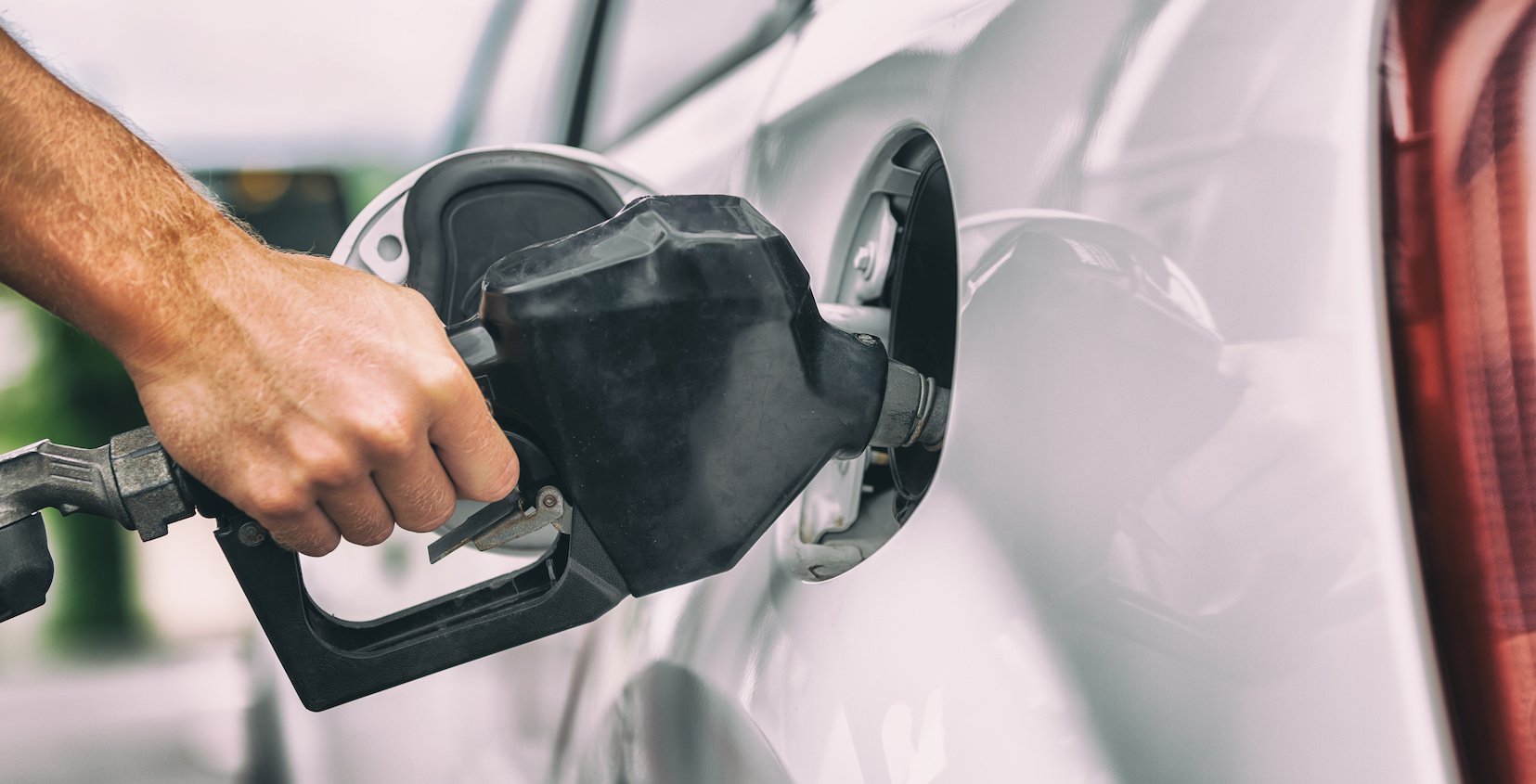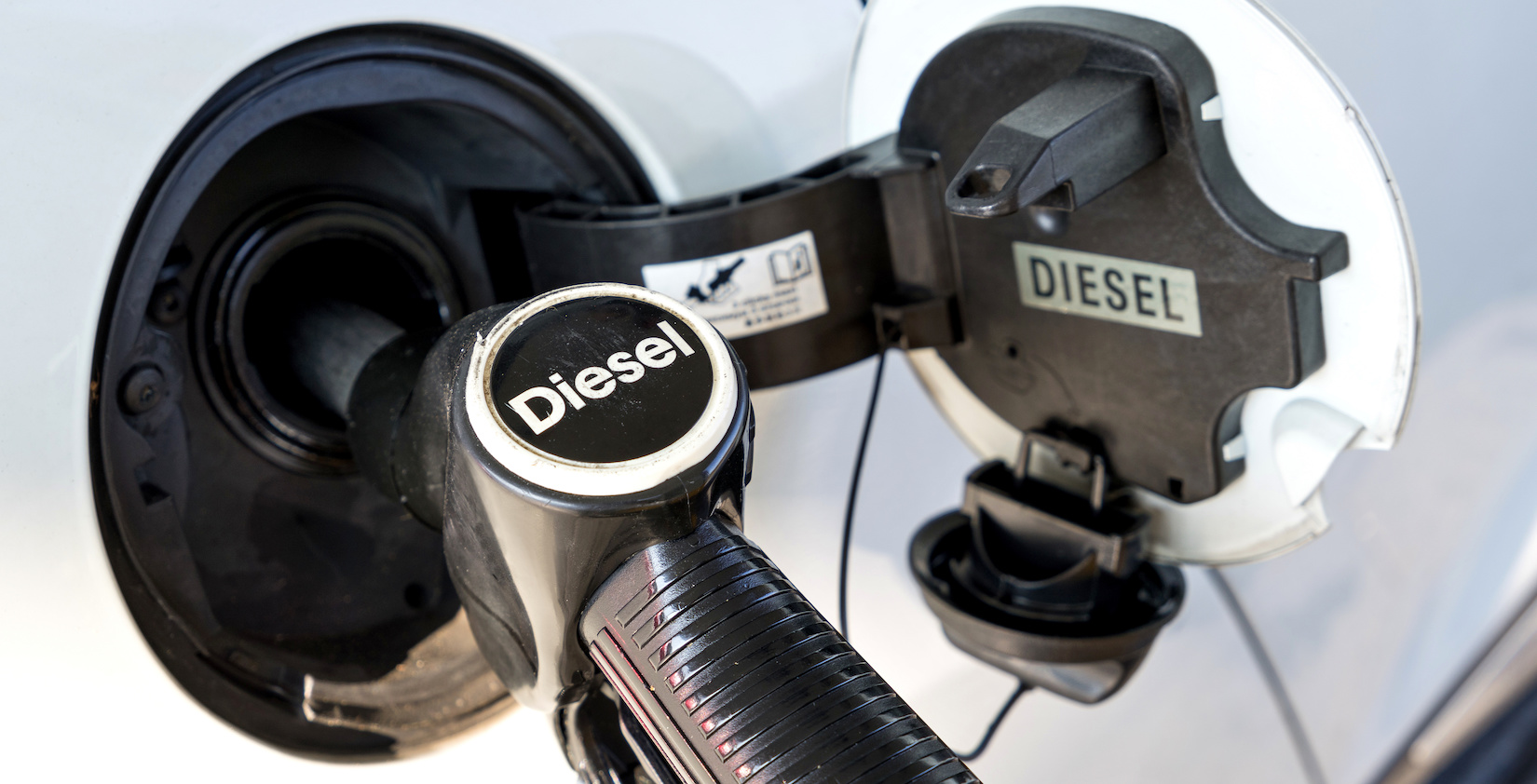

Feb. 3, 2022

It can be difficult to know which type of fuel to choose when you pull up to the gas station. You may ask yourself questions like: what’s the difference between gasoline and diesel? Should I choose low- or high-octane fuel?
You can find the answers to these questions and more in the following article.

Firstly, there are two types of gas because there are two types of engines.
Vehicles that run on gasoline have spark-ignition engines. This means that they rely on spark plugs to create a tiny explosion, ignite the gasoline and start the engine.
Spark plugs are small cylindrical pieces of metal that can fit in the palm of your hand. These components must be replaced periodically.
This brings us to an engine’s compression ratio. This ratio determines how much power the engine can generate and is critical in determining what octane rating you should choose at the pump.
An octane rating measures a fuel’s ability to resist auto-ignition. Auto-ignition is an undesirable phenomenon that occurs when the air and gasoline mixture in the engine’s cylinders spontaneously ignite.
In short, the higher the octane rating, the more resistant the engine is to auto-ignition. However, not all cars require high-octane fuel.
Now that you know about auto-ignition, it’s important to understand how the octane rating affects different engines. Here are the three different octane ratings offered at Pioneer:
1. Silver 87 Octane
2. Gold 89 Octane
3. Platinum 91 Octane
Sporty cars typically have high compression ratio engines. Therefore, they require high-octane gasoline because the engine is under a lot of pressure, thereby increasing the chances of auto-ignition.

The biggest difference between diesel and gasoline engines is that diesel engines use air compressors instead of spark plugs.
In fact, a diesel engine can do what a gasoline engine does in one cycle instead of two.
Like gasoline, diesel is derived from petroleum. However, it has a completely different composition. It’s made up of 75% saturated hydrocarbons and 25% aromatic hydrocarbons.
While cars that run on gasoline rely on spark plugs to ignite the fuel, diesel-powered vehicles ignite the fuel through compression. Consequently, diesel vehicles require a short warm-up period.
Instead of spark plugs, diesel engines use glow plugs to generate heat and auto-ignite the fuel. Contrary to cars that run on gasoline, diesel engines require auto-ignition to function properly.
Diesel fuel is used in many different types of vehicles, including trucks, cars and specialized machinery like construction equipment. Moreover, diesel is often used to power pumps, compressors and stationary engines.
Pioneer gas stations offer high-quality diesel that surpasses all expectations. It’s rated as an Ultra-Low Sulfur Diesel (ULSD) and burns clean. You can rest assured your engine is being powered with high-quality fuel that lasts.

You can easily find out what type of fuel is right for your car by reading the vehicle’s user manual. It’s usually easy to determine whether you have gasoline or diesel-powered vehicle. However, if you’re buying a gasoline car and want to know the recommended octane rating, you should verify the manufacturer’s specifications.
Every new car comes with a user manual that includes all the information you need to know about your vehicle. However, the sales staff at the dealership can also offer advice. Don't hesitate to ask what kind of gasoline your engine requires to stay in top shape.
Furthermore, if you choose to buy a used car from a private seller or have misplaced your user manual, you can call a dealership that sells the same make of car and ask them which gasoline to use. The private seller should also be able to provide you with this information at the time of the transaction.
Knowing the difference between gas and diesel engines will help you understand how your vehicle works and ensure you choose the best fuel to keep it running in top shape.